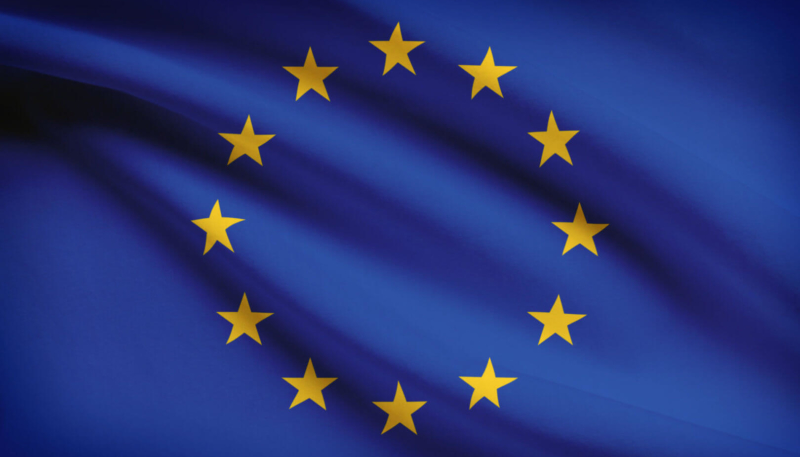New European Union rules could force Apple to allow third-party app stores, allow users to sideload apps on their iPhones and iPads, and more. All changes aimed at “ensuring fair, transparent, and contestable digital markets”
Under the Digital Markets Act (DMA), tech giants that meet the act’s “gatekeeper” criteria will be forced to open up their services and platforms to other companies and developers.
The three main criteria that bring a company in the scope of the DMA are:
- A size that impacts the internal market: when the company achieves a certain annual turnover in the European Economic Area (EEA) and it provides a core platform service in at least three EU Member States;
- The control of an important gateway for business users towards final consumers: when the company provides a core platform service to more than 45 million monthly active end users established or located in the EU and to more than 10,000 yearly active business users established in the EU;
- An entrenched and durable position: in the case the company met second criterion during the last three years.
Apple is almost certain to be classified as a “gatekeeper,” and will be subject to the rules set out in the DMA.
The act could force Apple to make major changes to how it operates the App Store, Messages, FaceTime, and Siri in Europe. The company could be forced to allow users to install third-party app stores and sideload apps, allow developers to promote their offers outside the App Store, use third-party payment systems, and access data gathered by Apple.
Also in the DMA is the requirement to make messaging, voice-calling, and video-calling services interoperable. This likely means that Meta could request to interoperate with Apple’s iMessage framework in their apps, such as WhatsApp and Messenger, and Apple would be forced to comply, at least within the EU.
With its entry into force, the DMA will move into its crucial implementation phase and start to apply in six months, as of 2 May 2023. After that, within two months and at the latest by 3 July 2023, potential gatekeepers will have to notify their core platform services to the Commission if they meet the thresholds established by the DMA.
Once the Commission has received the complete notification, it will have 45 working days to make an assessment as to whether the undertaking in question meets the thresholds and to designate them as gatekeepers (for the latest possible submission, this would be by 6 September 2023). Following their designation, gatekeepers will have six months to comply with the requirements in the DMA, at the latest by 6 March 2024.
In March, Apple said it was “concerned that some provisions of the DMA will create unnecessary privacy and security vulnerabilities for our users.”
(Via MacRumors)


